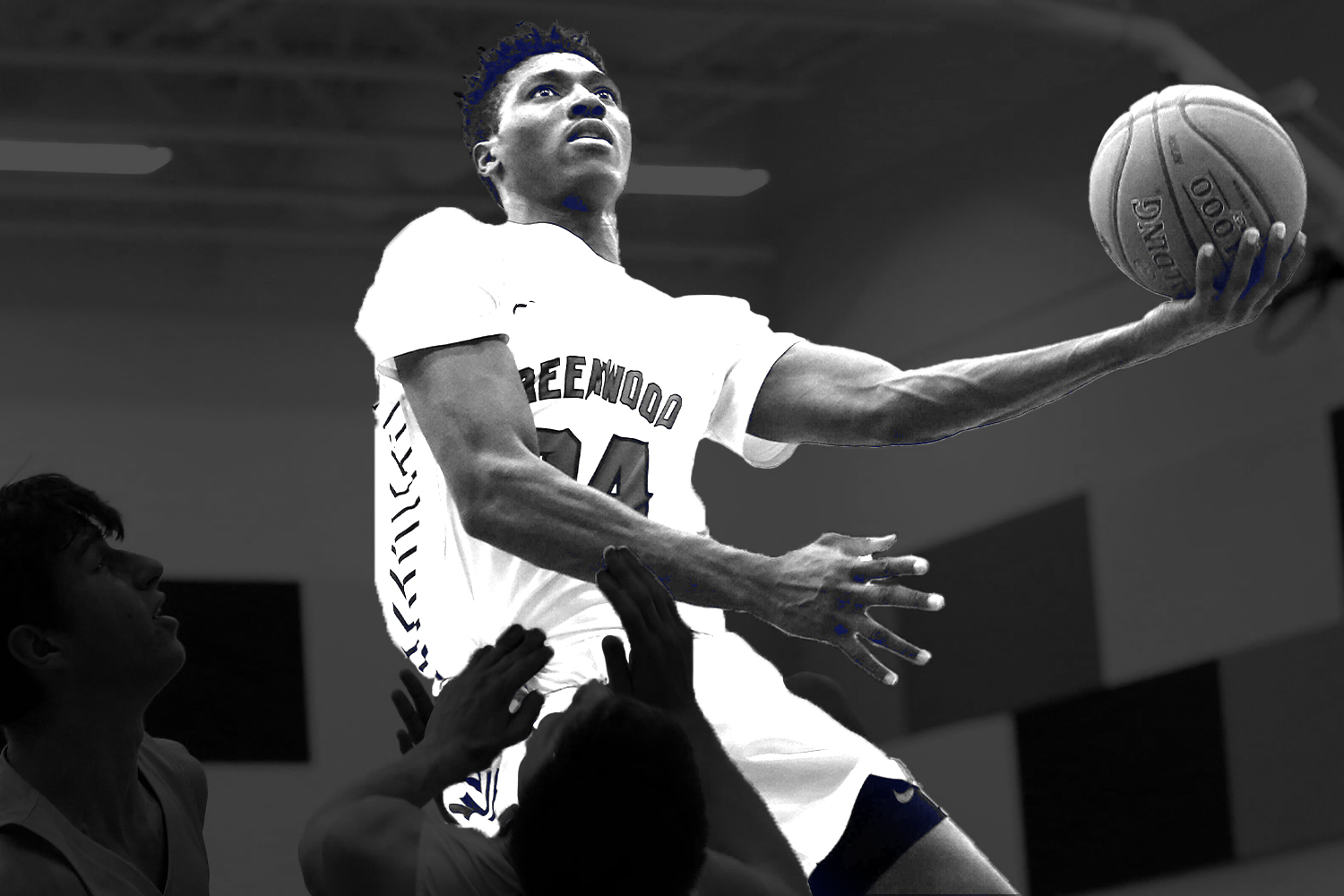The models are enticing, and there’s clearly an interest among high school players in getting paid before they reach the NBA.
But will they really give up the NCAA?
Taking a Risk
Overtime Elite seems like a no-brainer for athletes with pro potential. They can get a high school education, top-notch training, and generate wealth through several avenues.
Weiner said Overtime surveyed the college basketball community, and those factors are what players and families wanted.
But by playing in OTE, they’ll lose NCAA eligibility. So they’re betting on getting noticed by the NBA without the NCAA’s platform and resources.
“These kids, rightly or wrongly, think that they’re one-and-done,” Rivals recruiting expert and reporter Rob Cassidy told FOS. “If they’re actually confident in that, why not get paid $100,000 to play instead of playing for free?”
Bypassing Blue Bloods
Once athletes reach college age, alternatives like the PCL may not be able to provide the same “clout” as the NCAA, 247 Sports recruiting analyst Brandon Jenkins told FOS.
“I understand that players are unbelievably mad that they can’t get paid,” Jenkins said. “But at the same time, I don’t think they’re mad enough to ditch playing college basketball for Kentucky, Duke, Texas, etc.”
PCL co-founder and CEO Ricky Volante explained his message for convincing athletes to join.
“Here’s how you get from where you are today to the NBA,” Volante told reporters. “Here’s how you’re going to get more opportunities from a monetization standpoint. … And here’s how, also, you’re going to be getting more meaningful education opportunities.”
Athletes in the PCL may not necessarily go to the NBA, either. They may just think their skills are good enough to warrant payment while in college.





![[Subscription Customers Only] Jun 15, 2025; Seattle, Washington, USA; Botafogo owner John Textor inside the stadium before the match during a group stage match of the 2025 FIFA Club World Cup at Lumen Field.](https://frontofficesports.com/wp-content/uploads/2026/02/USATSI_26465842_168416386_lowres-scaled.jpg?quality=100&w=1024)
![[Subscription Customers Only] Jul 13, 2025; East Rutherford, New Jersey, USA; Chelsea FC midfielder Cole Palmer (10) celebrates winning the final of the 2025 FIFA Club World Cup at MetLife Stadium](https://frontofficesports.com/wp-content/uploads/2026/02/USATSI_26636703-scaled-e1770932227605.jpg?quality=100&w=1024)










